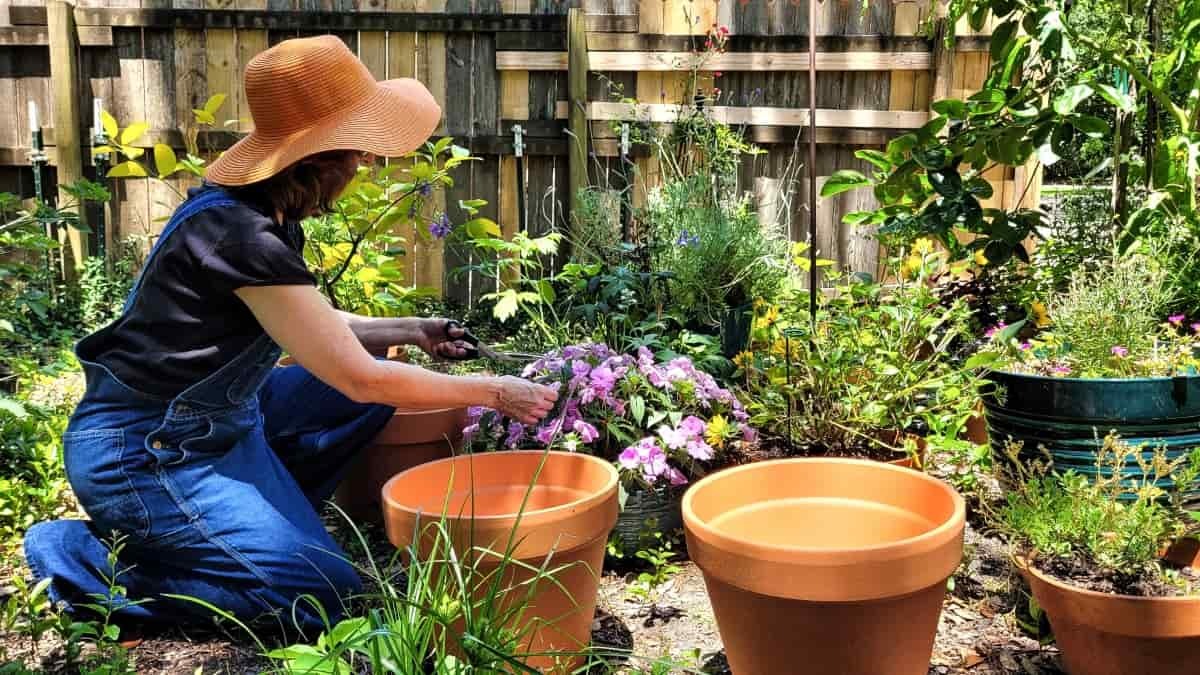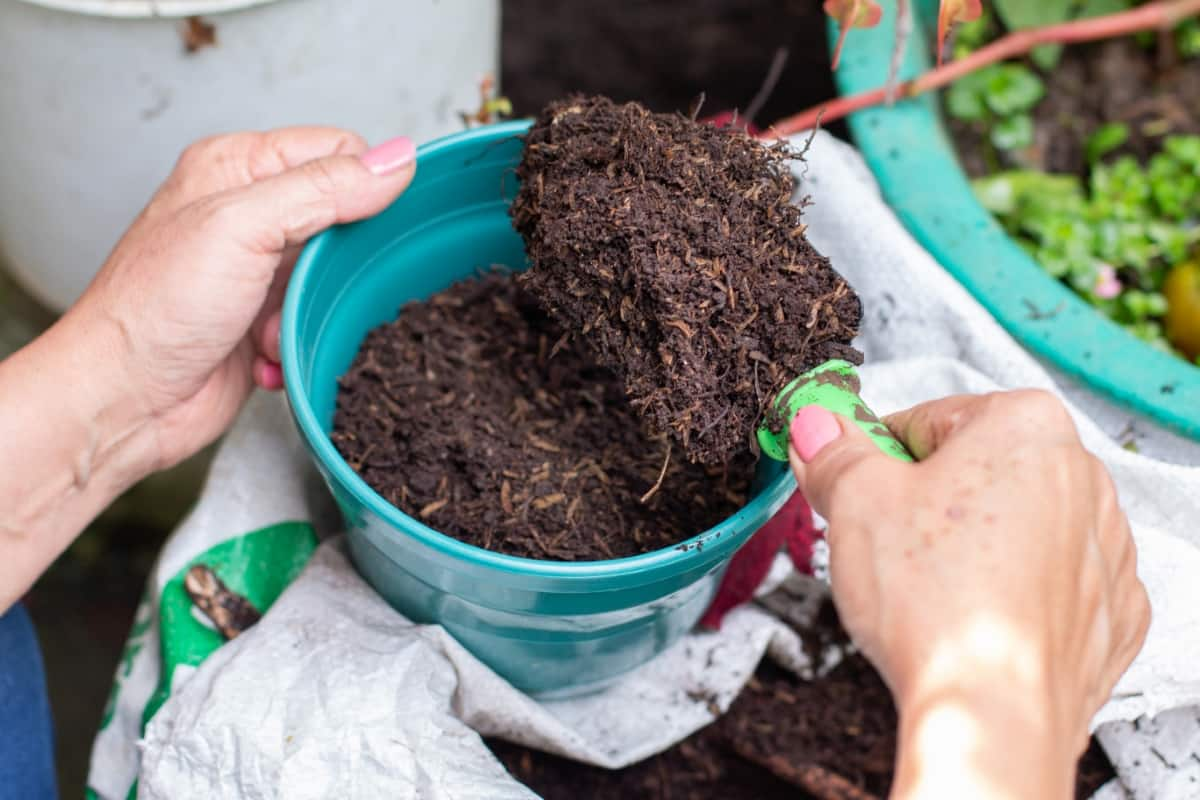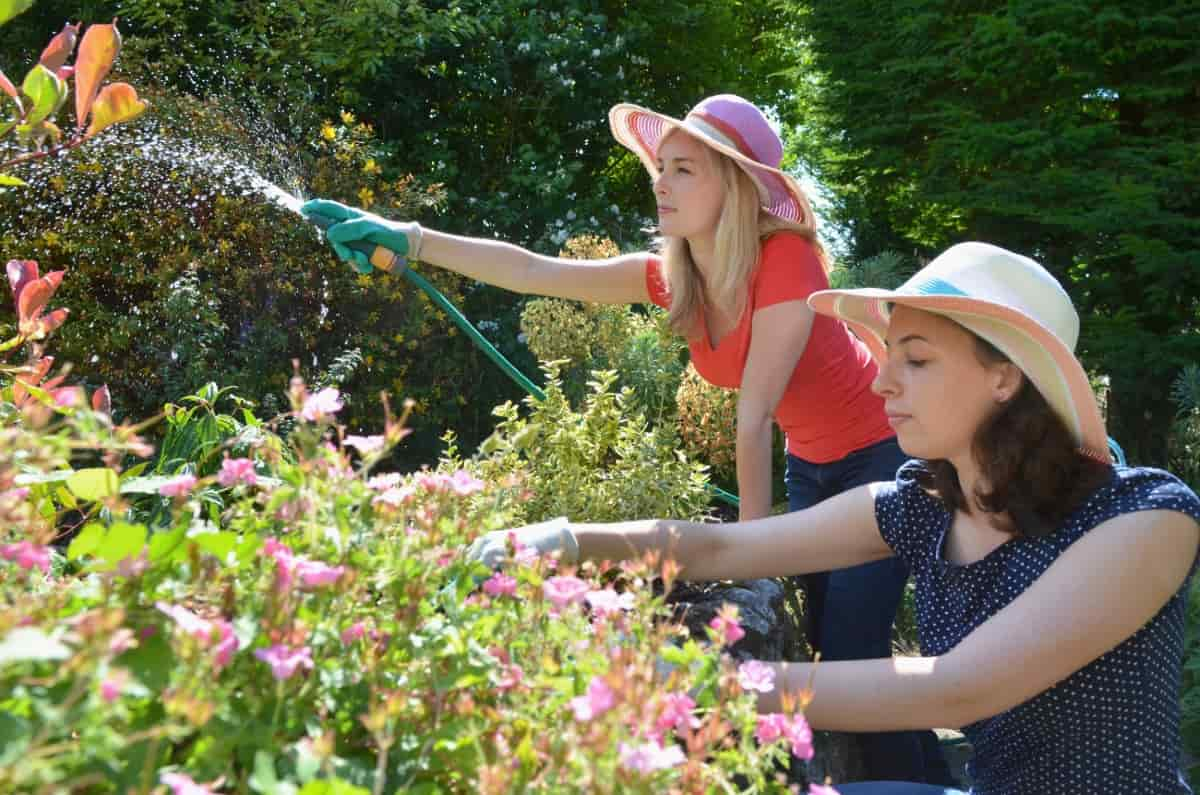Gardening is an activity that connects you with nature and provides numerous benefits for your physical, mental, and emotional well-being. Gardening is a fulfilling and rewarding activity that can provide you with beautiful flowers, fresh produce, and a sense of accomplishment. But before you start digging, it’s essential to understand the basics of gardening.
Gardening Tips for Beginners
Soil Preparation Tips for Successful Gardening
Your soil’s quality will determine your plants’ growth and health. Before starting, it’s important to test your soil’s pH level, nutrient content, and texture. Adjust the pH level using lime and sulfur if your soil is acidic or alkaline. This will help ensure your plants can absorb nutrients properly from the soil.
Adding organic matter can improve soil structure by increasing water-holding capacity and promoting healthy microbial activity. Tilling may be necessary if you have compacted clay soils but avoid over-tilling as this could damage beneficial organisms in the ground and cause erosion problems later on. You should also consider adding mulch after planting, which helps prevent evaporation from sunlight exposure while keeping weeds at bay during dry periods.
Organic Gardening Tips for Small Spaces
Some vegetables and herbs are better suited for small spaces than others. Look for compact varieties of your favorite plants, or try growing herbs on a windowsill. Next, use containers wisely. Containers are the best way to grow plants in small spaces but require proper planning. Your containers should have good drainage and be the appropriate size for your plants.
Consider vertical gardening as well. This technique involves using trellises or other structures to grow plants upward instead of outward. This is helpful if you’re working with limited horizontal space. To ensure your organic garden stays healthy without chemical fertilizers and pesticides, focus on building healthy soil by adding compost and other natural amendments. Consider installing drip irrigation systems or watering by hand with a watering can to conserve water while keeping your plants happy and hydrated.
Container Gardening Tips for Vegetables
Ensure your container has drainage holes at the bottom and can hold enough soil for your plants to grow. Vegetables that grow best in containers include Tomatoes, Peppers, Lettuce, Spinach, Radishes, and herbs like Basil and Parsley. Fill your container with a high-quality soil that’s formulated for container gardening.

Since nutrients leach out of containers quickly when you water them, it’s important to fertilize frequently throughout the growing season. Most vegetables need six hours of sunlight daily to thrive. Regularly check out for pests such as aphids or caterpillars and signs of disease like yellowing leaves or spots on foliage.
Watering Tips for Indoor Plants
Watering indoor plants can be tricky, as different plants have different watering needs. Overwatering or underwatering your plant can lead to its death, so it’s important to get the watering schedule right. When watering your plant, ensure that you water thoroughly until excess water starts coming out of the drainage holes.
This ensures that all parts of the root system receive adequate hydration. It’s best to use room temperature water when watering your plants and avoid using hard water, which contains minerals that can harm them over time. Alternatively, collect rainwater or allow tap water to sit for several hours before using it on your plants.
Natural Pest Control Tips for Gardens
One of the biggest challenges for beginner gardeners is dealing with pests. You can prevent pest infestations by diversifying your plants. Plant various species instead of just one type, making it harder for pests to spread and thrive. Also, healthy soil produces healthier plants that are more resistant to pest attacks. Another natural pest control method is companion planting. This involves planting certain types of plants together that have a mutually beneficial relationship in terms of repelling pests or attracting beneficial insects.
Another tip is using physical barriers such as mesh netting or row covers on raised beds can help prevent insect damage from common garden pests like aphids or caterpillars. You can also make homemade organic sprays using ingredients like garlic, hot peppers, and neem oil, which work effectively against unwanted insects while being completely safe for humans and other wildlife.
Composting Tips for a Healthy Garden
It’s an excellent way to reduce waste, create nutrient-rich soil, and promote healthy plant growth. Firstly, start with a good mix of grass clippings, leaves, fruit and vegetable scraps, coffee grounds, and eggshells. Avoid using meat or dairy products as they can attract harmful pests. Secondly, ensure your compost pile is well aerated by turning it regularly to allow oxygen in.
In case you missed it: How to Avoid Common Mistakes in Container Gardening

This will increase the rate of the decomposition process and prevent unpleasant odors from developing. Thirdly, add water to keep your compost moist but not too wet. Use a container to hold your compost if possible rather than leaving it on bare ground, which may attract critters looking for food sources.
Pruning Tips for Garden Plants
Pruning is an essential gardening task that involves removing dead, damaged, or diseased parts of plants to promote healthy growth. Prune your garden plants at the right time, depending on their type and season. For instance, prune spring-flowering shrubs immediately after they bloom in late spring or early summer.
Use sharp and clean tools such as pruning shears, loppers, and saws to avoid damaging the plant’s tissue. Make sure you make a clean-cut close to the branch’s base without leaving a stub behind, as it can invite pests and diseases into the plant. You should avoid over-pruning as it can cause stress to the plant, which could result in stunted growth.
Tips for Attracting Pollinators to Your Garden
Choose plants that are attractive to pollinators. Flowers with bright colors and a sweet fragrance attract more pollinators than others. Create a water source for your garden’s visitors. Pollinators need water too. You can add a bird bath or install a small pond or fountain in your garden for them to drink from. Avoid using pesticides; they harm the environment and unintentionally kill beneficial insects like bees and butterflies. Provide shelter for the pollinator population by creating nesting habitats such as hollow stems or bee hotels.
Gardening Tips for Hot and Dry Climates
Gardening in hot and dry climates requires some special attention. Choosing plants that can handle heat, drought, and intense sunlight is important. Native or adapted plants are better suited to survive in hot and dry environments because they have evolved to do so. Compost retains moisture in the soil, which is crucial for plant growth during drought.
Mulch helps prevent evaporation by keeping the soil cool and moist. Instead of watering your plants daily, water them twice weekly to encourage deep root growth. If possible, provide shaded areas for your plants with shade cloth or plant taller companion crops nearby during the hottest parts of the day. Raised beds drain well and warm up faster than traditional garden plots, making them ideal for hot and dry climates.
Mulching Tips for Weed Control
Mulching is an important practice for any garden; not only does it help conserve moisture in the soil, but it also helps suppress weeds. Choose the right type of mulch, such as straw, wood chips, or leaf mold. Avoid using grass clippings or hay as they can contain weed seeds that add more problems.
Apply mulch around your plants and make sure there are no bare spots where weeds can grow through. Aim for a depth of at least 2-3 inches to suppress most weed growth effectively. Be mindful when watering your plants, as over-watering can cause the mulch to shift and expose bare soil, allowing weeds to take hold. Use drip irrigation systems or water deeply and infrequently instead.
Tips for Preventing Common Garden Diseases
One of the biggest challenges that a gardener faces is keeping their plants healthy and free from diseases. It’s important to choose disease-resistant plant varieties. You should also ensure your soil is well-draining, as overly wet soil causes root rot and other fungal infections. Furthermore, ensure that your plants receive adequate nutrition through regular fertilization.
In case you missed it: How to Start Worm Farming for Indoor Gardening

Maintain good gardening practices such as watering early in the day so excess moisture on leaves or flowers can dry off before nightfall when fungi thrive. Also, avoid overcrowding plants as this creates an environment for pests and diseases to spread easily. Practice proper sanitation by immediately removing all dead plant material, as they serve as breeding grounds for pests and diseases. Clean up fallen debris regularly too.
Conclusion
Gardening is a fulfilling and rewarding hobby allowing you to connect with nature and enjoy fresh produce from your backyard. With some patience and dedication in applying these gardening tips for beginners consistently over time while learning from experience along the way, soon enough, you will be enjoying an abundance of fresh vegetables or flowers all season long.
- Feed Your Flock for Less: Top 10 Tips to Save on Chicken Feed
- Ultimate Guide to Ossabaw Island Hog: Breeding, Raising, Diet, and Care
- Hatching Answers: The Top 10 Reasons Your Chickens Aren’t Laying Eggs
- Eggs and Economics: Breaking Down the Cost of Raising Backyard Chickens
- Defend Your Greens: Proven Methods to Keep Iguanas Out of Your Garden
- Ultimate Guide to Cinnamon Queen Chicken: A Comprehensive Guide for Beginners
- Ultimate Guide to California Tan Chicken: Breeding, Raising, Diet, Egg-Production and Care
- Ultimate Guide to Marsh Daisy Chicken: Breeding, Raising, Diet, and Care
- 10 Types of Chicken Farming Businesses You Can Start for Profits